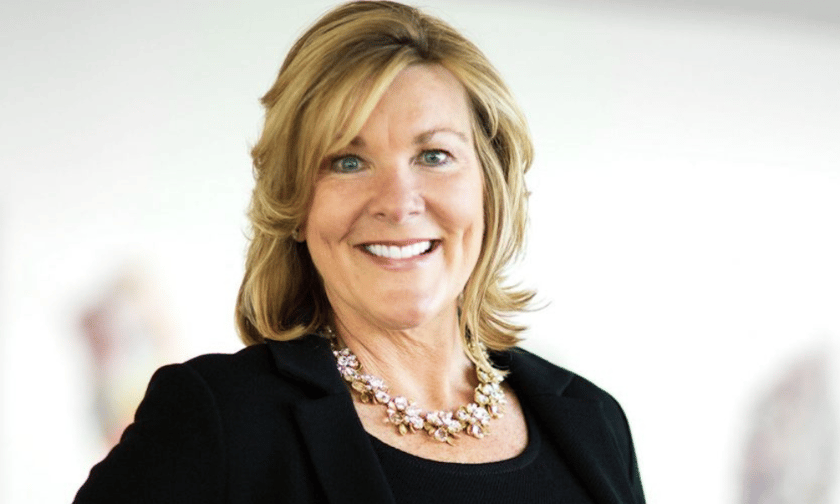

Progressive Corp reported strong growth in its third-quarter results, driven by an increased underwriting margin and a record advertising spend, which contributed to the addition of nearly 1.6 million policies in force.
According to president and CEO Tricia Griffith, this growth set a new record for the company, bringing the total number of policies added across lines this year to approximately 4.2 million, with about 80% of the increase in personal auto insurance.
The company posted a 10.9% underwriting margin for the first nine months, more than double the 5.1% from the same period last year, significantly surpassing its target of 4%.
Pat Callahan, personal lines president, noted that the growth rate exceeded expectations. As the year began, Progressive eased some underwriting measures aimed at profitability, lowering rates “a small amount in a number of states” and introducing more competitive billing options.
Callahan indicated that expansion will continue at a rate aligned with staffing and service capacity.
Progressive ranked as the second-largest private passenger auto insurer in the US last year, with a 15.20% market share based on direct premiums written, according to AM Best. Callahan noted that as competitors raised rates and restricted new business, Progressive’s media spend became “efficient,” especially in markets with competitive rates.
Third-quarter net income doubled year-over-year to $2.33 billion from $1.21 billion, while net premiums written increased to $19.46 billion from $15.6 billion. The combined ratio improved to 89 from 92.4.
Griffith attributed the company’s growth to elevated shopping levels in the personal auto sector, with high conversion rates showing Progressive’s competitive pricing. Although rates were lowered in some regions, others saw increases, and earlier rate hikes continue to earn in.
Personal auto claims frequency fell 5%, attributed partly to a shift toward preferred business. Bodily injury claims severity rose 7%, but overall severity saw a slight decline of 1%. Griffith pointed to a rise in attorney-represented soft-tissue injury claims as a factor in bodily injury severity increases.
In property insurance, Progressive reduced its exposure in high-catastrophe states while expanding in others, leading to a 19% increase in policies in growth-focused states and a 9% decline in volatile areas.
The company's “de-risking program” included exiting 115,000 homeowners policies in Florida and scaling back fire coverage for non-owner-occupied properties, with regulatory approvals secured in 22 states and others pending.
Hurricanes Helene and Milton, which impacted Florida’s west coast within weeks of each other, resulted in estimated combined losses of about $600 million, with $401 million incurred in the third quarter.
Total catastrophe losses from Helene were estimated at $563 million, split between auto, property, and special lines, with boat losses accounting for 60% of special lines losses. Progressive has implemented measures to manage hurricane and coastal exposure, such as limiting insured values, restricting boat lengths, and increasing deductibles for named storms.
What are your thoughts on this story? Please feel free to share your comments below.
